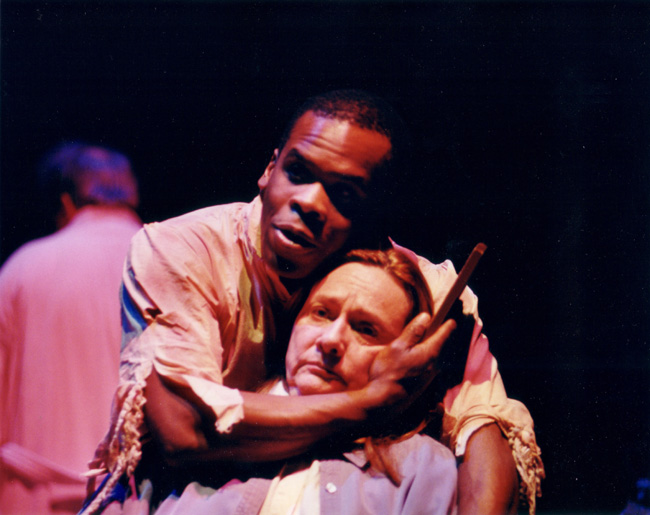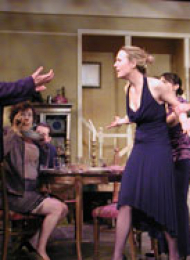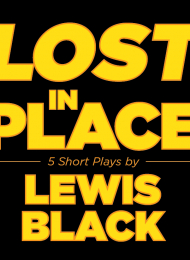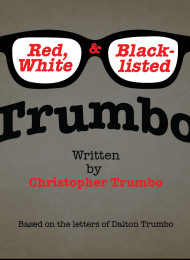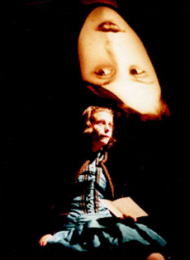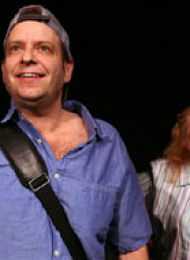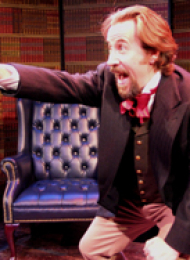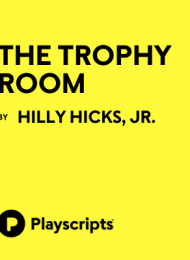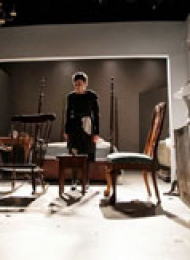"Rich in scope and talent, this fast paced [play] is at once gutsy and hilarious... An evening of theater that's loaded with razor-sharp humor, plenty of heartbreak and a forceful reminder that the truth can set you free."
Julia Bookman, Atlanta Journal-Constitution
"A topsy-turvy treatment of character and history and racial complications worthy of William Faulkner."
Curt Holman, Creative Loafing (Atlanta)
"Warning: Laughter might have subversive side effects. Chortling, snickering or guffawing could lead to reflection that might result in insight or understanding. Side effects could include an unexpected loss of complacency or pretension... It sneaks up on you, disarms you with laughter, then smacks you in the back of the head with its intended message -- that forgetting is the worst crime of all."
Alice T. Carter, Pittsburgh Tribune-Review
"The essence of what imaginative theatrical magic is all about... Often brilliant, occasionally giggly-silly, sometimes campy parodic. But the subject is that serious American obsession, race."
Christopher Rawson, Pittsburgh Post-Gazette
"Like a hand grenade painted deceptively harmless colors, Hilly Hicks Jr.'s A Hole in the Dark comes rolling into the midst of a national conversation about the legacy of slavery. Hicks' scathing satire explodes preconceptions about white guilt and responsibility. The young African-American playwright takes a slightly screwy, white, suburban family and sinks them into a story that's purely the stuff of William Faulkner, while being unexpectedly and outrageously funny all the way through."
Curt Holman, Creative Loafing (Atlanta)
"A Hole in the Dark tackles touchy issues of black-white race relations, identity politics and entitlement as well as emotions of guilt, resentment and superiority -- all with outrageous humor and a surreal setting."
Alice T. Carter, Pittsburgh Tribune-Review
"Hicks' script probes the farcical nature of [the characters'] links, frequently inspiring belly-laughs... A Hole in the Dark ranges from slapstick to devastating as the comic tragedy re-argues often-argued historical traumas."
David Sallinger, Daily News (McKeesport, PA)
Content Notes: Adult language and content
Set: A suburban residence in the late 1990s, and a Southern plantation in the mid-1800s










